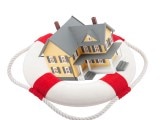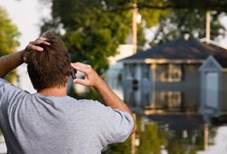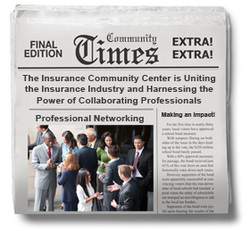|
Vacation homes present special risks, so consider premium costs before you buy
Like any residence, your vacation home needs to be insured—but because the risks are different, the coverage might cost more than your primary homeowners policy. Before you leap into second-home ownership, consider the factors that will likely affect the price you’ll need to pay for insuring it. Second homes provide a respite from weekday life, and may even be a good investment. They also, however, present more of an insurance risk than your primary residence—the fact that you don’t not physically occupy your second home as frequently puts it in more danger for theft, vandalism and easily undetected damage, like burst water pipes. Key factors that impact vacation home insurance costsWhile the homeowners policy for your second home will provide the same types of coverage as your primary homeowners policy, the following factors will likely impact your insurance costs:
Because renting your second home entails additional, more complex risks, it’s a good idea to consult with your insurance professional and learn more about coverage for renting out your home to others.
0 Comments
Life can naturally be unpredictable, and various events may cause your car insurance rates to fluctuate, too. If you'll be making a change in the future, be aware of which common milestones could affect your premium.
Can you reverse a rate increase? It may not be possible to reverse a rate increase, especially if it was due to an expansion of coverage; however, sharing updates about automatic security features in your car and doing a record review of other drivers on your policy may prevent outdated information from further raising your monthly rate. Keeping your insurance up to date starts with revising your policy to include major life changes. An annual review of your coverage will help make sure it still corresponds to your family's needs. Please reach out if you have questions or if you'd like to check in. Taynara (508)444-0509 Isabella (508)403-0300 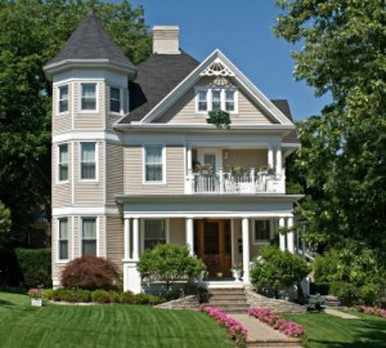 Best Home Owner Insurance – What Is The Best? Best Home Owner Insurance – What Is The Best? The best homeowner insurance is the insurance that best meets your needs. The insurance shopper that takes the time to understand the basic elements of home insurance will have much more confidence and sense of satisfaction when making an insurance purchase. The homeowner policy has been around for a long time and so most of us have a general concept on how the policy works. The more you know about the market value of your home and the approximate cost to rebuild it the better off you will be when shopping for the homeowner policy. This kind of knowledge is the foundation for determining what kind of policy to purchase. The age of your home has a direct bearing on the market value. The older homes built in the 1900’s have much lower market values today because most of them have depreciated. The market value for an older Victorian style home may be $50,000 but the actual cost to rebuild that home may be $200,000. The older homes that depreciate in market value are insured with actual cash value policies. They are often called market value policies. These policies will reimburse you for the market value of your home when there is a total loss. The market value policy is the best homeowner policy for the older home that has depreciated. The replacement cost policy is better designed for newer homes or homes under construction. The replacement cost of a home and the market value are almost the same. Replacement cost is applied to the dwelling and most often to the contents of the dwelling. Replacement cost will repair or replace any loss with like kind and quality of materials without depreciation. The best homeowner insurance for you will be determined by the age and market value of your home. The discounts for older and newer homes are the same. The protective device discount for deadbolt locks, smoke detectors, and fire extinguisher apply to both types of policies. Fire and burglar alarm systems are additional discounts that could be applied to both older and newer homes. Check our recommended insurers for more details. What is the best homeowners insurance for you? The answer is probably not that obvious to you because most of us have not taken the time to understand our homeowner’s insurance. We would much rather turn that responsibility over to the insurance professionals. There is nothing wrong with that approach but it still leaves you a little bit too uninvolved over a very important insurance purchase. People have a natural fear of the unknown. We like to steer clear of things that are unfamiliar to us. Our insurance is often one of those things that we would rather just avoid. That may come in part from the old days when insurance was purchased under pressure from the insurance agent. That method of sales has just about vanished in property and casualty insurance. People willingly contact agencies about policies and coverage. The agent is more like a consultant these days. The best homeowners insurance is usually purchased when we ourselves have a better understanding of our policy and how we want to be serviced. The insurance atmosphere is much more professional and there are more ways to purchase insurance. Purchasing online or by telephone is becoming as common as purchasing from the local agent.
The homeowner’s policy itself has a couple of integral features and benefits to consider. Buying replacement cost insurance verses actual cash value insurance is one of your most important decisions. Replacement cost homeowner’s policies settle any loss by replacing or repairing your dwelling and its contents with like kind and quality without depreciation. Actual cash value allows for depreciation and expects you to make up the difference as an out of pocket expense. The most important cost savings decision that you will make is the size of the deductible. It makes sense to have as high a deductible as possible on your home policy because of the infrequency of claims. The best homeowner’s insurance for you revolves around how you want to do business, whether to purchase replacement cost or actual cash value, and the size of your deductible. These three areas will lead you in the right direction. If you have been thinking about buying a security system, you have probably been trying to figure out if such a thing is really worth it. You have probably been trying to decide if you want to pay the money every month. It does not sound like much money, but people will often pass on a security system because their home has never been broken into before and they hope that streak will continue. If you keep reading, however, you will see that there are a few reasons that having a system is a good idea. You will even find that it can even affect your home insurance in Florida. You need to make provision for deductibles. The amount you would have to pay for each peril is not the same in all states. The more probable it is for a peril to happen in a state, the higher the deductible it will demand. Philadelphia home insurance: You can make your shopping much more fruitful by studying consumer guides. They will give you an idea of average rates. This is not counting the fact that they will give you a few tips that will make it easy get adequate coverage at the lowest price. Make sure your motor home has the latest in not only door locks and security but in window locks as well. Making your motor home less attractive to burglars can save you money every month. It's best to choose an insurance company that's built a strong reputation in Home Insurance. You won't like it if you settle for a company that will leave you stranded midway. A clear explanation of your coverage. Once you put in a claim, you should get a clear, up front explanation of your coverages. Your policy limits, deductibles and benefits should be told to you right away by your claims adjuster. If you can't get this information from anyone, it's time to file a complaint and change insurance companies. Sometimes you can save money just by customizing an individual family plan to fit your family's needs. You may not always get a chance to do that if the plan is too generic, but there should be some flexibility in there. If you need other forms of coverage like dental or eye care, you will need to add that to your policy. This will only cover doctor's visits and things of that nature. You can talk to an insurance agent about specific savings that may be in store for you based on your family's medical history. Just expect to pay more if you have people in your family with severe medical conditions. |
better Insurance
|
-
HOME
- Send me a Home Insurance Quote >
- FLOOD Insurance, Massachusetts >
- Cape Cod Home Insurance
- Pay Your Home Insurance Bill Online
- Ordinance or Law Coverage
- How to Prevent a Claim on your Home Insurance Policy
- Videos - Cape Cod Real Estate Tips >
- Cape Cod Massachusetts Arbella Insurance Discounts
- Cape Cod Massachusetts Lloyds of London Home Insurance
- Safety Insurance Discounts for Cape Cod, Massachusetts
- MPIUA - MA Property Insurance Underwriting Association "Fair Plan"
- Cape Cod Massachusetts Home Protection Insurance
- Hurricane Preparedness >
-
AUTO
- Send me an Auto Insurance Quote for Cape Cod, Massachusetts
- BOAT Insurance >
- Cape Cod, MA Dept. of Motor Vehicles
- Cape Cod Massachusetts - Report an Auto Insurance Claim
- Auto Insurance Quote - CAR BUYING TIPS : Auto Insurance for Cape Cod, MA
- InControl Driver Training
- Car Insurance for Cape Cod Massachusetts - Arbella Insurance - Send me an Auto Quote >
- Plymouth Rock - Send me an Auto Quote >
- Encompass Insurance Discounts
- Safety Insurance - Send me an Auto Quote >
- Travelers Insurance Discounts
- Progressive Insurance - Send me an Auto Quote
- LIFE
- OFFICES
- ABOUT US
- Stay Home
- Home Insurance Explained
- Agent Login
- Privacy Policy
- Videos - Cape Cod Real Estate Investing, Taxes & Insurance
- Videos - Cape Cod Coastal Real Estate
- Português
Arthur D. Calfee Insurance Agency, Inc. is a friendly local insurance agency proudly offering Massachusetts, Cape Cod and the Islands. A-Excellent AM Best rating, A+ Excellent by the BBB
Using innovative thinking, cutting-edge tools and expert resources at national and local levels, we deliver the best possible outcome on every policy we manage. Need Home Insurance? Easy, Fast, & Secure Home Insurance. Get Free Quotes 100% Online Now! Available 24/7. Affordable Rates. Cover Your Biggest Investments. Get a homeowners insurance quote, find coverage options. We'll help you understand and customize the right home insurance coverage for you.
Home is where your heart is—along with a healthy chunk of your net worth. Get started today with a free homeowner's quote.
Compare home insurance quotes today and save on protection for your biggest investment. Build a Custom Policy & Make the Switch! Our local underwriting professionals focus exclusively on finding the best home insurance, homeowner's insurance, hazard insurance, investment property insurance, flood insurance, flood zone information, vacation home insurance, second home insurance, auto insurance, collector car insurance, business insurance, general liability insurance, property insurance, professional liability insurance, contractor's liability insurance, worker's comp insurance, key man insurance, whole life insurance, term life insurance, group or personal disability, & long-term care insurance policies to patrons in the following Cape Cod, Massachusetts towns, communities and villages: Barnstable, Bourne, Pocasset, Brewster, Buzzards Bay, Centerville, Chatham, Cotuit, Craigville, Dennis, East Dennis, Eastham, Falmouth, East Falmouth, Hatchville, West Falmouth, North Falmouth, Woods Hole, Harwich, Hyannis, Hyannisport, Martha's Vineyard, Nantucket, Marstons Mills, Mashpee, Orleans, Osterville, Provincetown, Sandwich, Sagamore, Sagamore Beach, Truro, Wellfleet, Yarmouth, and Yarmouthport. Real-Time Pricing. Insurance coverage: Wind Damage, Fire Loss, Water Damage. Protect your home and belongings. Low Rates For Your Best Options to Save Money On Great Coverage! Get a quote today. Home insurance helps protect your house and your family.
Using innovative thinking, cutting-edge tools and expert resources at national and local levels, we deliver the best possible outcome on every policy we manage. Need Home Insurance? Easy, Fast, & Secure Home Insurance. Get Free Quotes 100% Online Now! Available 24/7. Affordable Rates. Cover Your Biggest Investments. Get a homeowners insurance quote, find coverage options. We'll help you understand and customize the right home insurance coverage for you.
Home is where your heart is—along with a healthy chunk of your net worth. Get started today with a free homeowner's quote.
Compare home insurance quotes today and save on protection for your biggest investment. Build a Custom Policy & Make the Switch! Our local underwriting professionals focus exclusively on finding the best home insurance, homeowner's insurance, hazard insurance, investment property insurance, flood insurance, flood zone information, vacation home insurance, second home insurance, auto insurance, collector car insurance, business insurance, general liability insurance, property insurance, professional liability insurance, contractor's liability insurance, worker's comp insurance, key man insurance, whole life insurance, term life insurance, group or personal disability, & long-term care insurance policies to patrons in the following Cape Cod, Massachusetts towns, communities and villages: Barnstable, Bourne, Pocasset, Brewster, Buzzards Bay, Centerville, Chatham, Cotuit, Craigville, Dennis, East Dennis, Eastham, Falmouth, East Falmouth, Hatchville, West Falmouth, North Falmouth, Woods Hole, Harwich, Hyannis, Hyannisport, Martha's Vineyard, Nantucket, Marstons Mills, Mashpee, Orleans, Osterville, Provincetown, Sandwich, Sagamore, Sagamore Beach, Truro, Wellfleet, Yarmouth, and Yarmouthport. Real-Time Pricing. Insurance coverage: Wind Damage, Fire Loss, Water Damage. Protect your home and belongings. Low Rates For Your Best Options to Save Money On Great Coverage! Get a quote today. Home insurance helps protect your house and your family.
Testimonials & Endorsements for the Best Insurance Agent on Cape Cod, MA
PHONE: (800) 479-2601 CUSTOMER SUPPORT & SERVICE
Please note: The above is meant as general information to help you understand the different aspects of insurance. This information is not an insurance policy, does not refer to any specific insurance policy, and does not modify any provisions, limitations, or exclusions expressly stated in any insurance policy. Descriptions of all coverages and other features on this page are necessarily brief; in order to fully understand the coverages and other features of a specific insurance policy, we encourage you to read the applicable policy and/or speak to an insurance representative. Coverages and other features vary between insurers, vary by state, and are not available in all states. Whether an accident or other loss is covered is subject to the terms and conditions of the actual insurance policy or policies involved in the claim. References to average or typical premiums, amounts of losses, deductibles, costs of coverages/repair, etc., are illustrative and may not apply to your situation. We are not responsible for the content of any third-party sites linked from this page.
© 2024 Copyright, Arthur D. Calfee Insurance Agency, Inc.
Calfee Cares.® Privacy Policy
Calfee Cares.® Privacy Policy

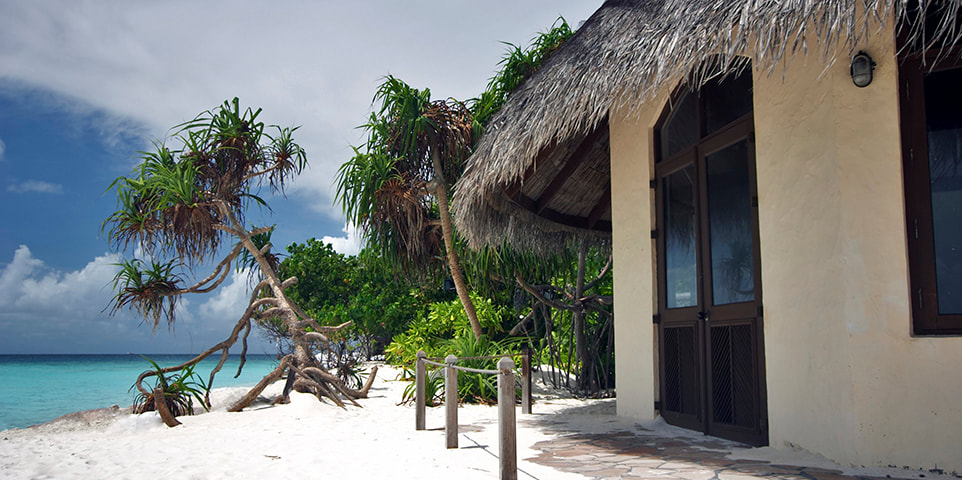

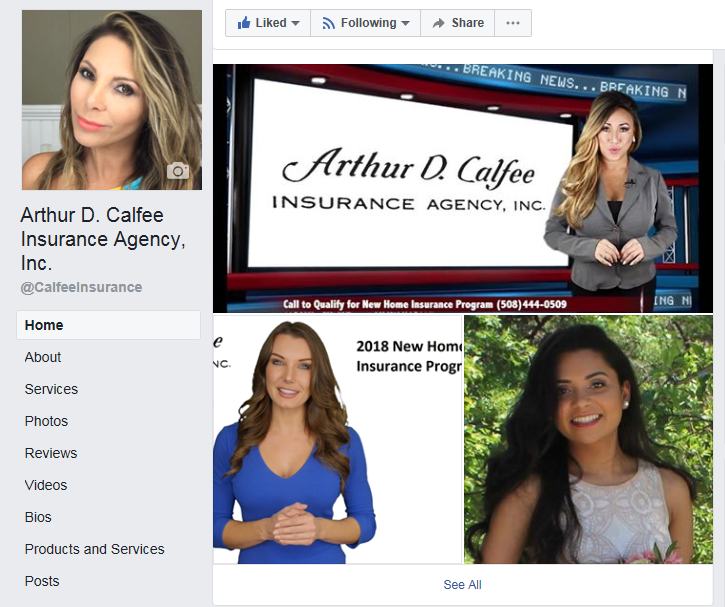




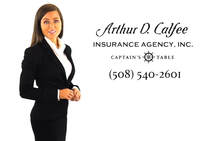
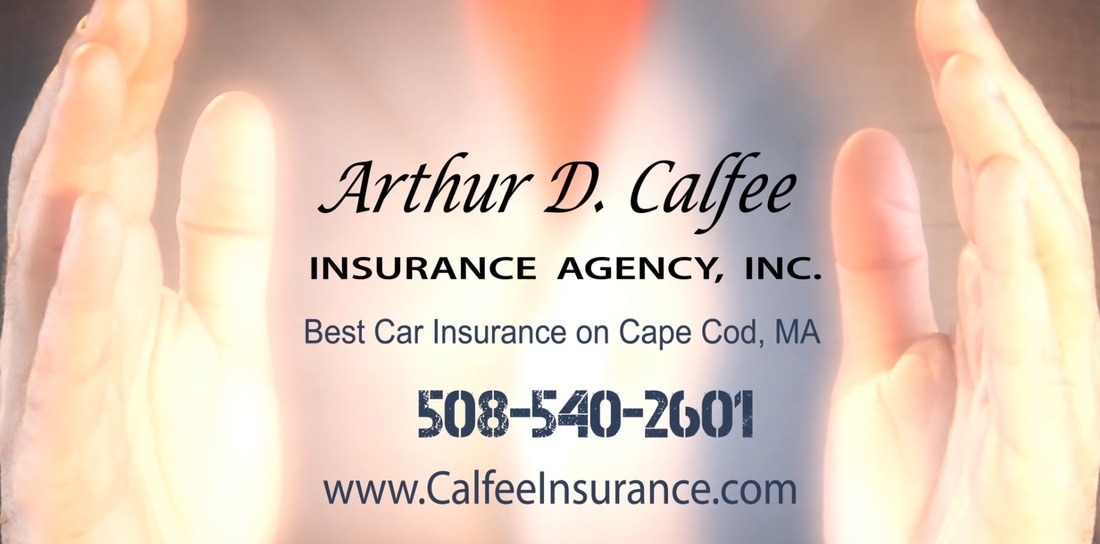


 RSS Feed
RSS Feed




